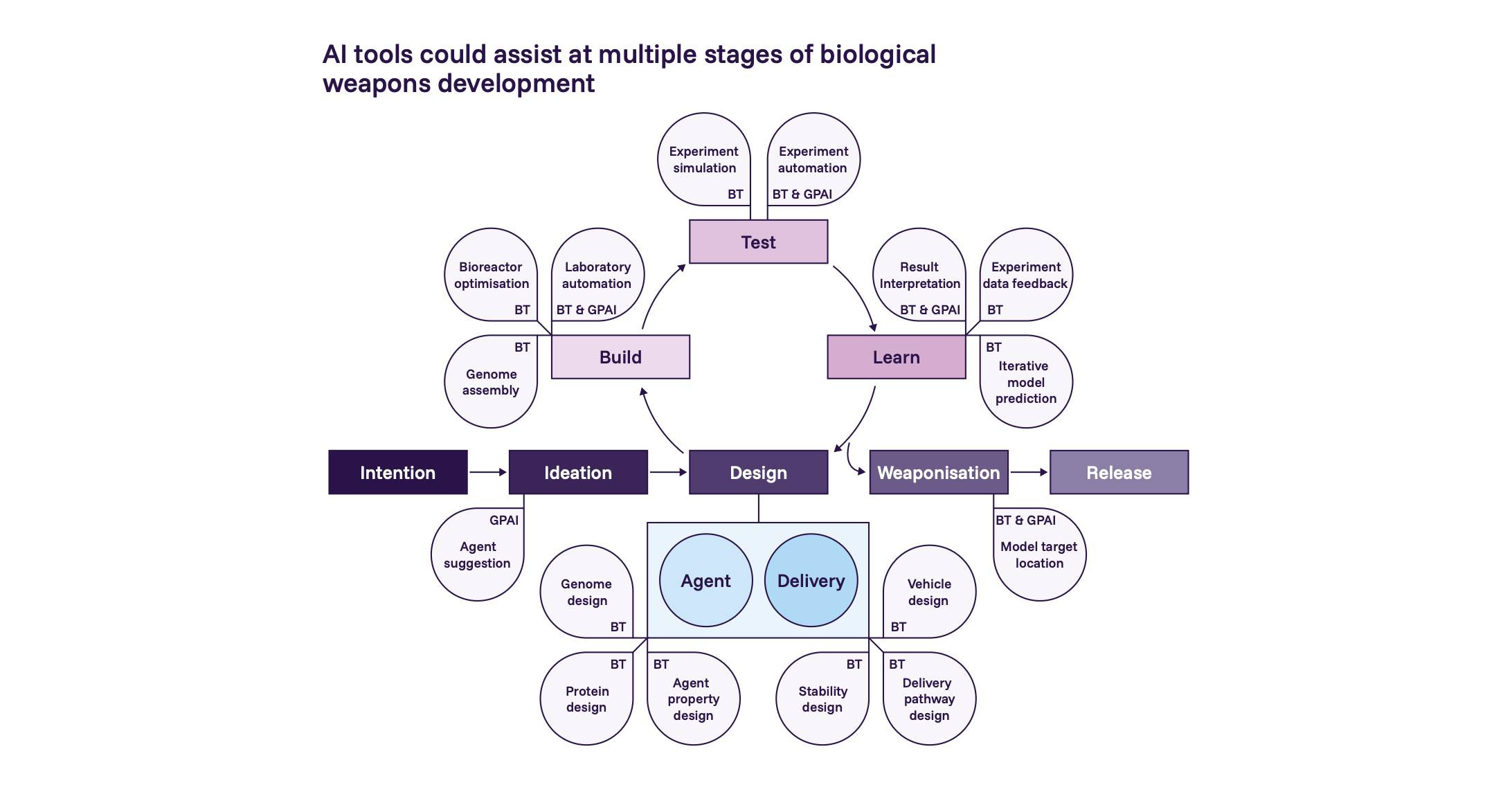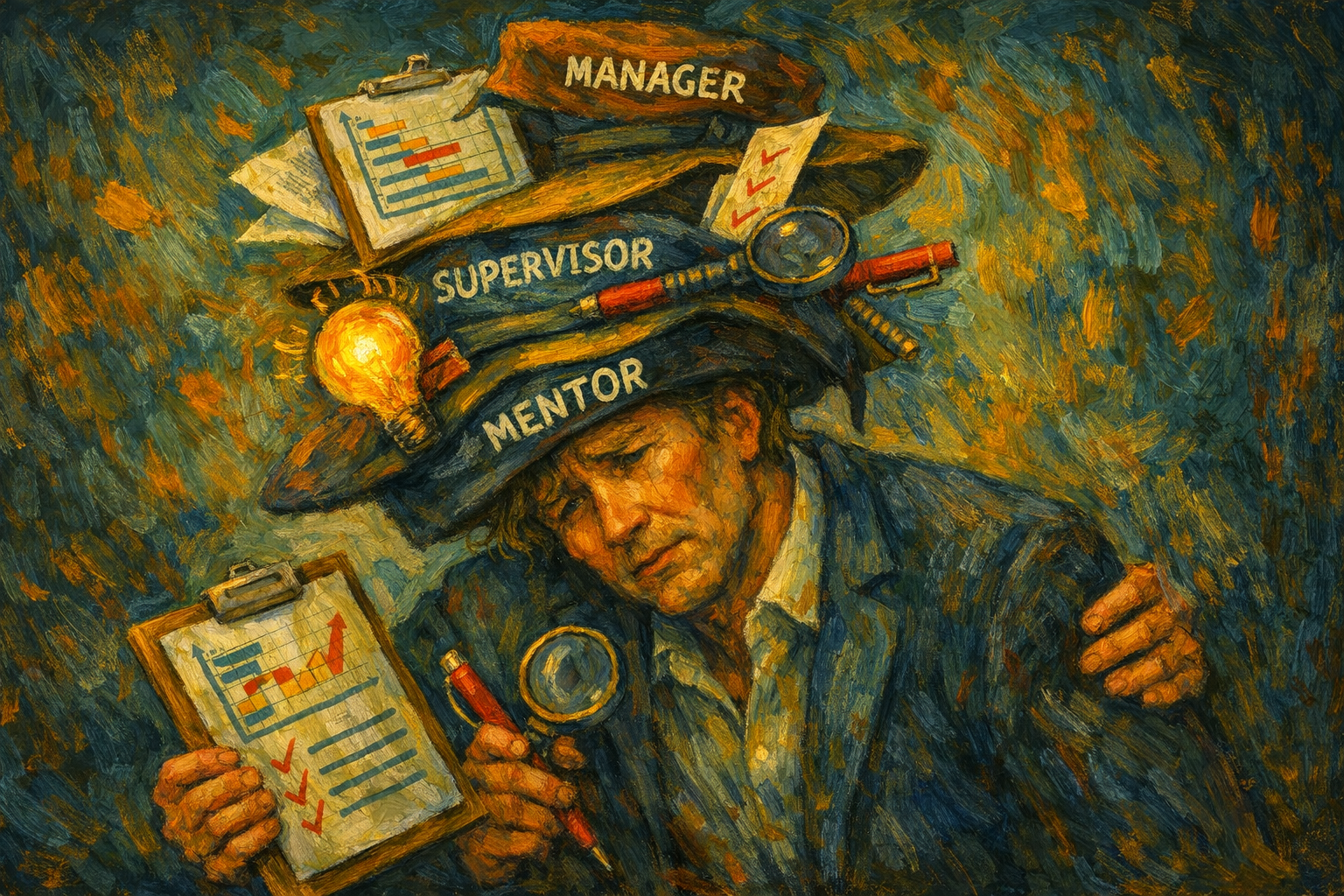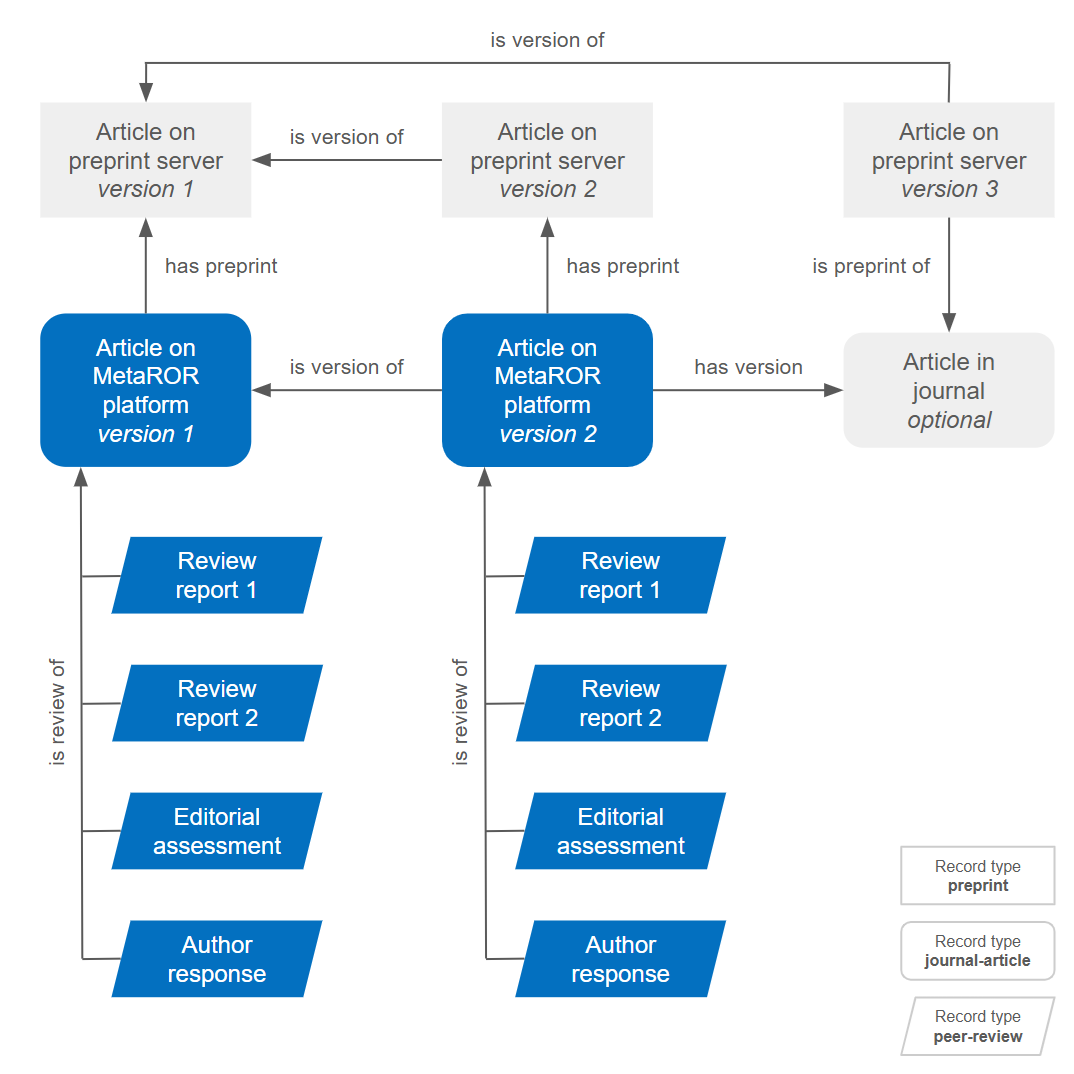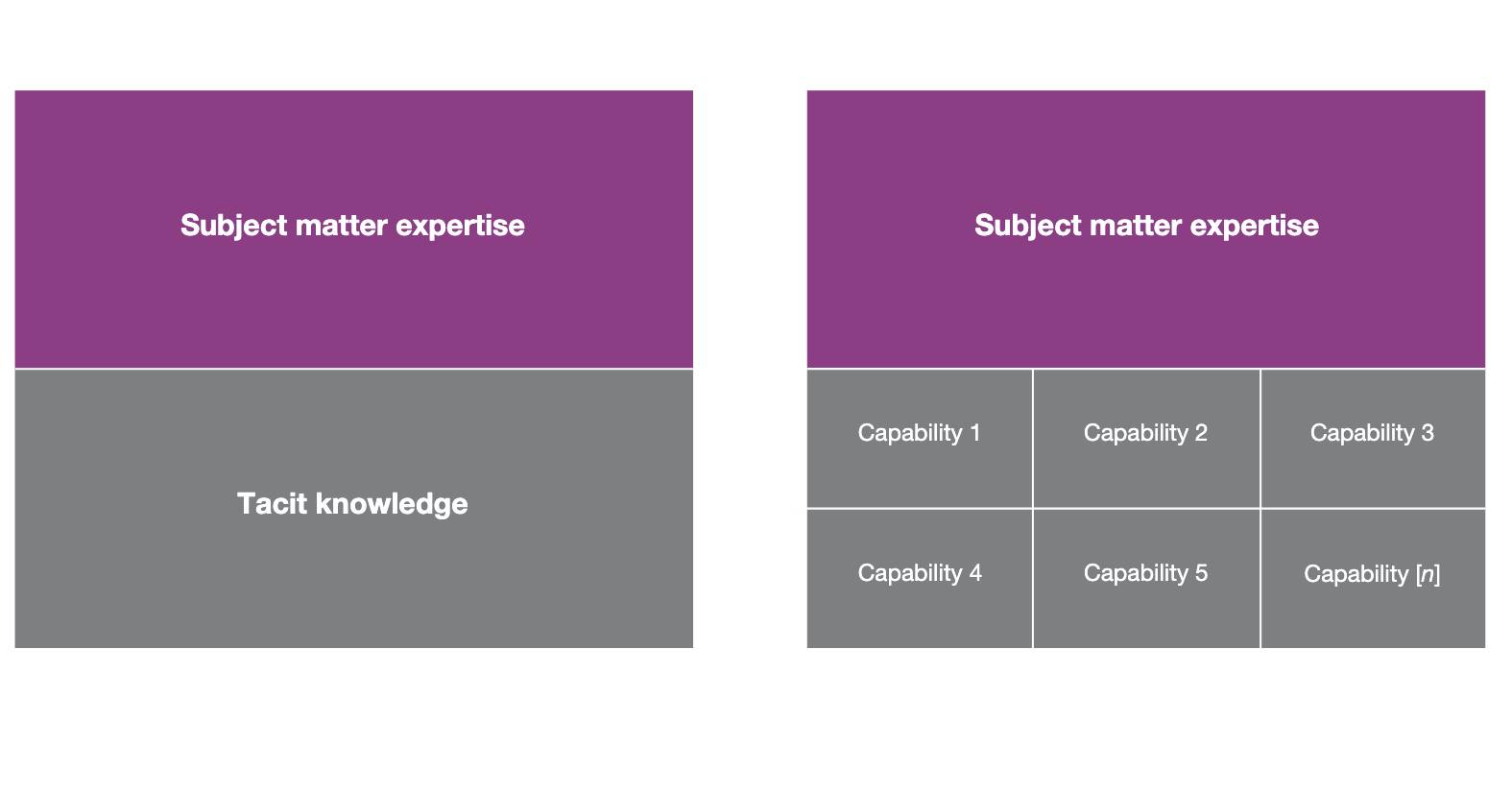
The central principle is simple: governance intensity should scale with risk, not with rhetoric

The central principle is simple: governance intensity should scale with risk, not with rhetoric

Notes from the 2026 International AI Safety Report
The success of the Open Science movement relies on research products and infrastructures being open, accessible and sustainably curated. Recent global events, ranging from the defunding of research infrastructure in the United States to wartime threats in Ukraine, demonstrate the vulnerability of open science to geopolitical forces and demand the development of responsive and resilient open systems.

There are many academia-specific keywords: “grant”, “stipend”, “precarity”. But what is the correct designation for the leader of a research group who writes projects, manages people, supervises students, etc? Manager? Supervisor? Mentor? Because these are very different concepts. It could be easier to stick with the concept of “principal investigator” (aka PI), I know. But, let’s face it, that word ends up being a little bland right?
I helped CE host a gathering of evidence champions for biodiversity at Pembroke in late January. The first day was a remarkable closed meeting to sit in on, with the science leads of all five UK nature conservation bodies and the JNCC present!
At rOpenSci we’re continually grateful for the support and engagement of our community who help make our open-source ecosystem stronger, more inclusive, and more collaborative. The software peer review program is one of the best examples of this: bringing together people from diverse expertise and backgrounds to improve the quality, reproducibility, and usability of scientific software across the R ecosystem.

A couple of months ago, Ludo Waltman and André Brasil raised some questions about good practices for Crossref DOI registration, asking for input from the scholarly communication community.

DataCite’s public data file is now available in the Dimensions BigQuery Lab through a partnership with Digital Science, making it easier for users to explore and analyze metadata for more than 100 million research outputs.

read this article in English Am 24. und 25. September 2025 fand der 7. VIVO-Workshop 2025 im Vortragsraum der TIB statt. An zwei Tagen gab es zahlreiche Vorträge und Diskussionen rund um das Open-Source-Forschungsinformationssystem VIVO, um (offene) Forschungsinformationen und alles, was die Community in diesem Umfeld bewegt.

Ce billet est la traduction du billet du blog officiel de Zotero annonçant la publication de la version 8 de Zotero.

What's "tacit knowledge" in biosecurity, and is it really a barrier? A look at the 2025 RAND paper "Contemporary Foundation AI Models Increase Biological Weapons Risk." 1.7k words, 8 min reading time.